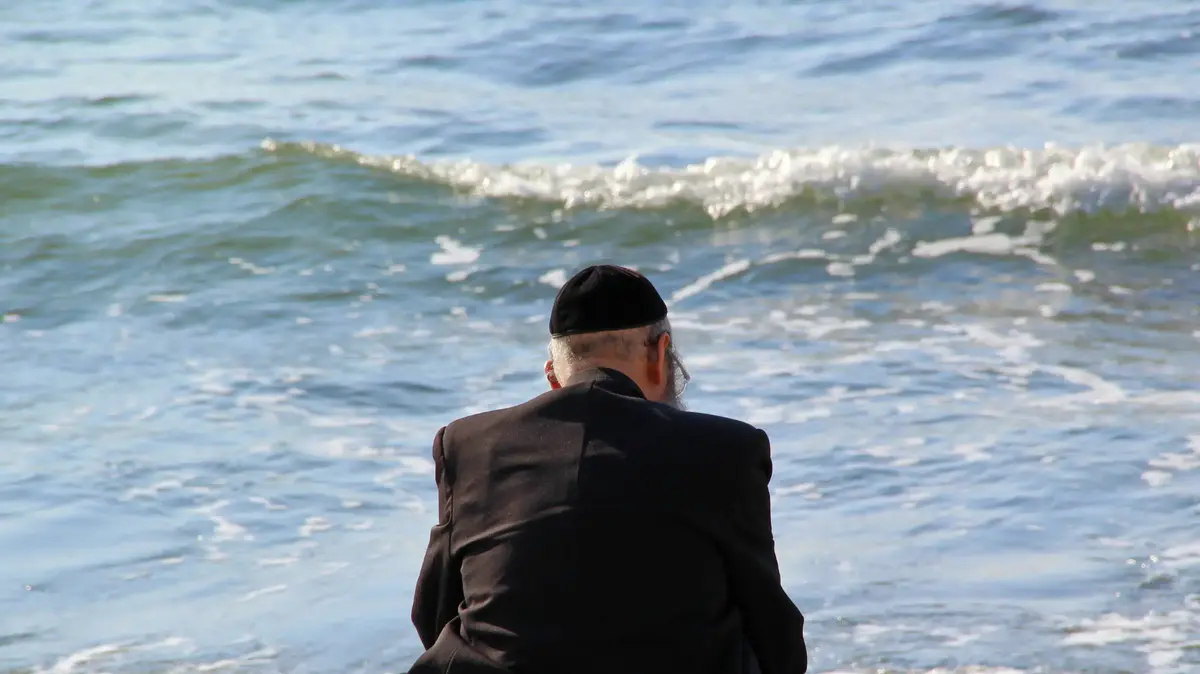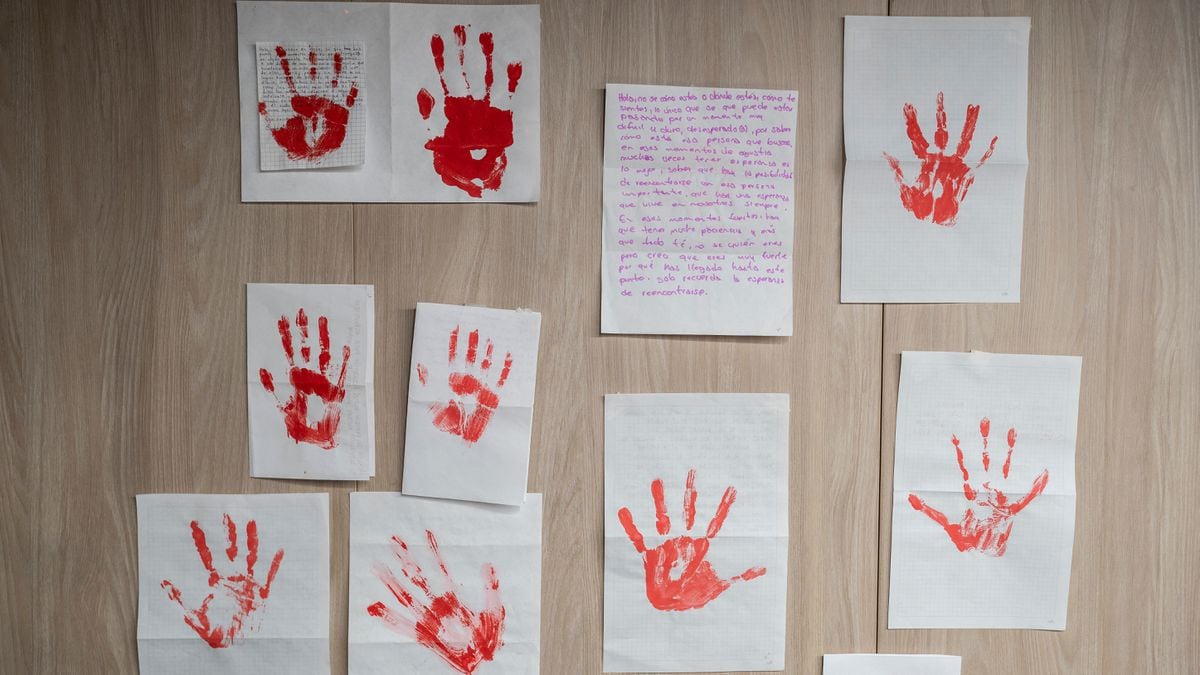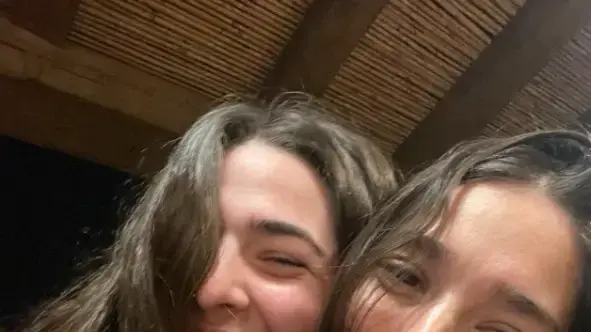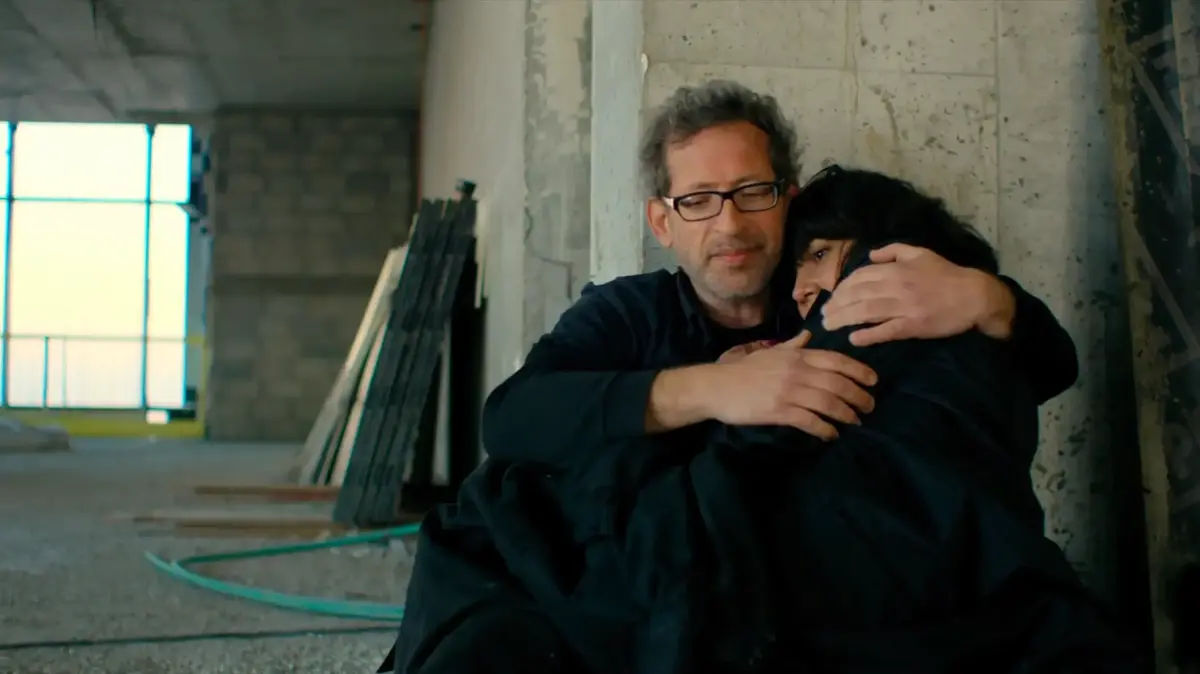Fascinating: Why are we unable to ask for forgiveness from those we hurt?
A special column by Rabbi Shai Tahan for Yom Kippur: "It seems that it is easier to ask for forgiveness from the Holy One, blessed be He, because we do not actually see Him, and on the other hand, it is difficult for us to approach those we have hurt because we see and know them. Why is this really so?".
His full words are inside
David Berger, submitted on behalf of Shuba Israel
02/10/2022
Sunday, 02 October 2022, 11:11
Share on Facebook
Share on WhatsApp
Share on Twitter
Share by email
Share in general
An older ultra-Orthodox Jewish man in front of the sea (Photo: ShutterStock)
Rabbi Shai Tahan, head of Kollel Sha'are Ezra and head of Beit Erzi HaLebanon, in a special column for Yom Kippur.
Hello dear readers.
Imagine that before Yom Kippur you receive a text message saying: "Happy New Year my dear friend."
Since we are now a few days before Yom Kippur and the Sages instructed that transgressions between a person and his fellow man do not make Yom Kippur expiation until they are reconciled (Shalchan Aruch C. Taro), therefore now is the appropriate time to come and ask for my forgiveness. However, know that I expect you to please me in the right way; Tell me what you did and why it was wrong. Also make sure you say it convincingly and that you don't repeat it again, otherwise I won't be able to forgive you. Yours Moshe."
When it comes to others we all know how they should please us, we even take the stricter approach to it, but when it comes to ourselves - we suddenly become clueless.
The time between Rosh Hashanah and Yom Kippur is known as the "Ten Days of Repentance", and as the name suggests, it is a time meant to encourage us to repent from our ways.
Repentance means to change our ways and return to the righteous and good path.
The mitzvah of repentance combines three different parts: the feeling of regret for committing the sin, confession, and acceptance for the future not to sin again, but part of this process is also to appease those we hurt.
An interesting thing is that most people run to ask for the forgiveness of the Creator, but they do not rush with the same enthusiasm to ask for forgiveness from those who hurt them.
Moreover, sometimes we find that the exact opposite is true;
People ask for forgiveness from all their acquaintances - those who have barely spoken to them during the year - and in contrast, the very people they really need to ask for forgiveness, they conveniently choose to ignore.
It seems that it is easier to ask for forgiveness from the Holy One, blessed be He, because we do not actually see Him, and on the other hand, it is difficult for us to approach those we have hurt because we see and know them.
Why is this really so?
The answer to this is quite fascinating.
The psychology behind the person who runs to ask for forgiveness from all those he knows he probably did nothing to them is that this act actually covers up his sin.
In his subconscious, asking for forgiveness from others creates for him a feeling of reconciliation with his conscience in that he feels that he has already asked for forgiveness from many people and has done more than what is expected of him, therefore he no longer feels the anguish of feeling guilty for not coming to please the person he hurt.
However, the truth is that all his efforts were in vain, as his request for forgiveness arrived at the wrong address.
On the other hand, there are others who will overcome the feeling of shame and discomfort and go to ask for forgiveness from those who did hurt them, but they do it in a way and form that is not right, they will approach their friends and under the guise of laughter they will reach out their hand and command with their mouths: "Forgive me" they will say.
Here, too, this actually achieves nothing since the goal of reconciliation is to try and mend our ways and bring peace to each other.
The way to do this is with the same steps we took above in the mitzvot of teshuva: to repent, ask for forgiveness and take it upon ourselves not to repeat our actions.
And as a good advice, I think that each of us should write on a page what our expectations are of those who hurt us and how we would like them to like us, and then do exactly the same to the person we hurt, and even though it is not easy to do, we must know that this is our obligation and only then can we arrive clean For the holy day, Yom Kippur.
Let us memorize the words of the Mishnah (Yoma, 8): "Although Yom Kippur atones for sins between a person and the Holy One, blessed be He, it does not atone for those between a person and his fellow man."
Judaism
magazine
Tags
Judaism















